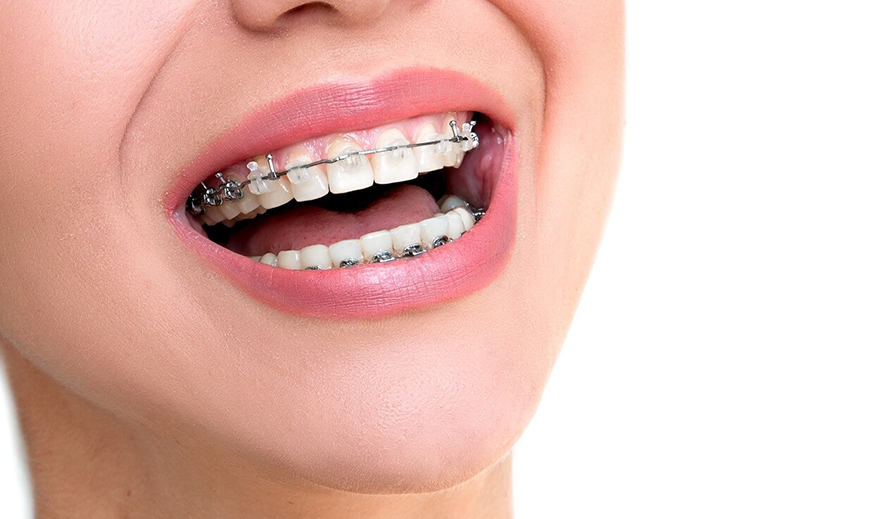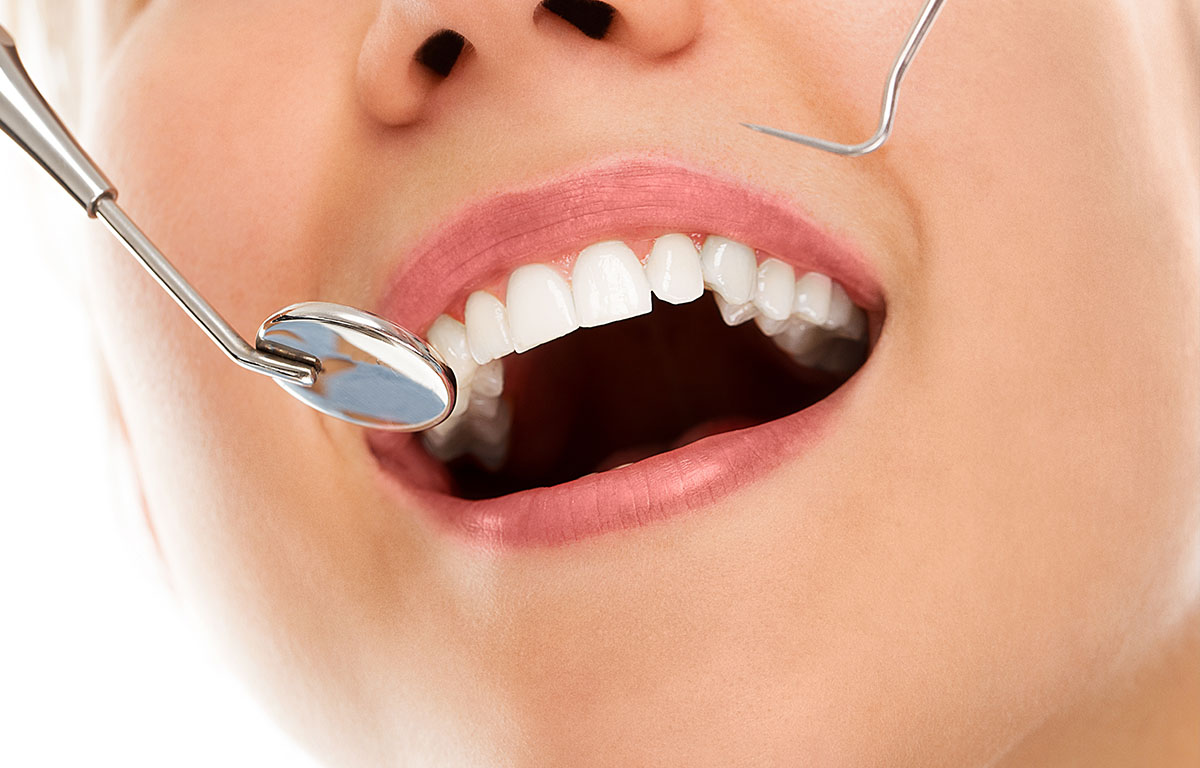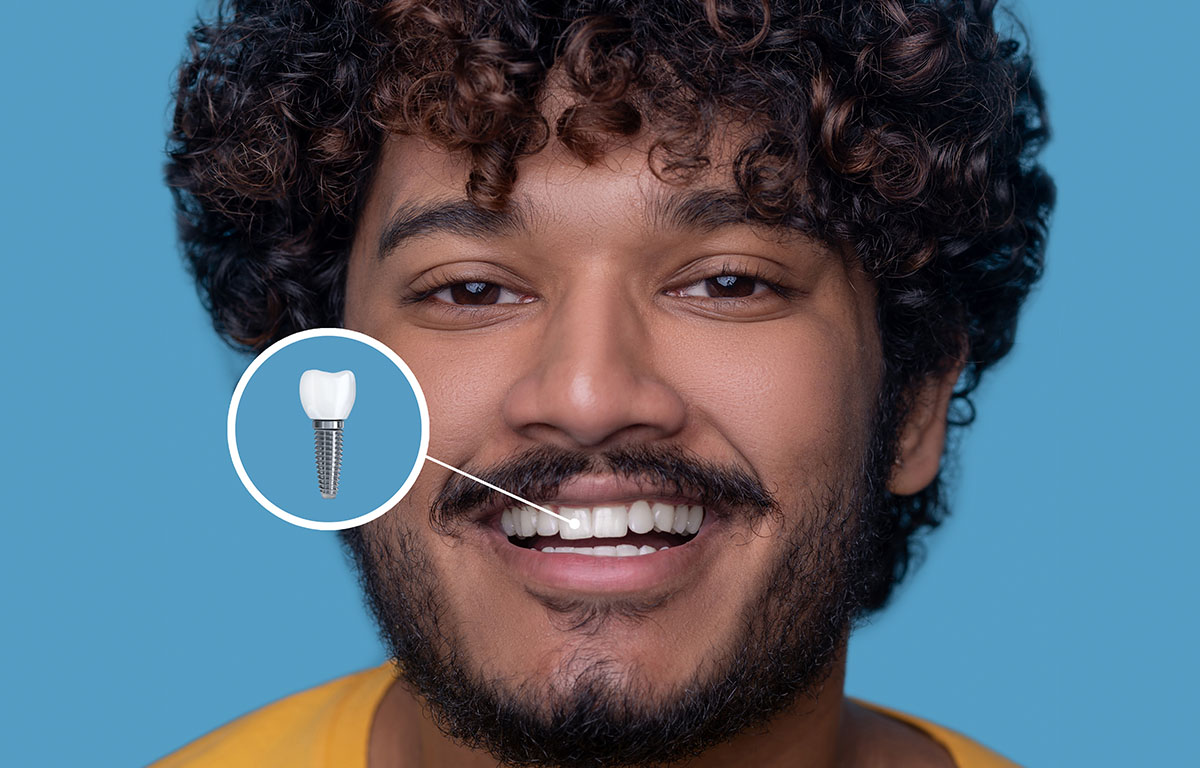
Damon braces at Antalya Dental Hospital, Turkey
Damon braces: What Are They, Benefits and Cost
High-quality results up to six months faster.
With Damon braces or Damon Clear, our specialist orthodontist at the Antalya Dental Hospital is able to deliver high-quality results up to six months faster than traditional braces.
Unlike traditional braces, the Damon Braces System is self-ligating which eliminates the need for elastics or metal ties that keep the wire in place. Elastics and metal ties produce friction and pressure that make the movement of the teeth a lot longer and less comfortable. Damon braces’ special slide mechanism and high-technology shape memory wires allow our orthodontist to move teeth quicker and in fewer, more spaced out appointments.
Need more advice?
If you need free and impartial advice about your oral health, contact our Antalya Dental Hospital Helpline by email or call +90 242-999-1227 (local rate call in the Turkey).
Our Antalya Dental Hospital Helpline is completely confidential and has helped almost 20,000+ people. Contact our experts by telephone, email or online enquiry, Monday to Friday, 08:00 - 18:00.
Frequently Asked Questions About Dental Health
FAQs
Our FAQs are the most commonly-asked questions put to our Dental Helpline over the last year. If you have a question for us, you can ask our Dental Helpline by telephone or email. Alternatively, please take a look at our library of oral health information, which contains a wide range of oral health advice in an easy-to-understand Q&A format.
Unlike broken bones, the crack in a tooth will never heal completely. After treatment, a crack may get worse and you could still lose the tooth. It is still important that you get treatment, because most cracked teeth can work normally for years after treatment. Your dental team will be able to tell you more about your particular problem and recommend a treatment.
It is important that you brush last thing at night and at least one other time during the day, with a toothpaste containing fluoride.
Eating and drinking foods containing sugar and acids naturally weakens the enamel on your teeth. Brushing straight afterwards can cause tiny particles of enamel to be brushed away. It is best not to brush your teeth until at least one hour after eating.
It is especially important to brush before bed. This is because the flow of saliva, which is the mouth’s own cleaning system, slows down during the night and this leaves the mouth more at risk from tooth decay.
It is important to clean your teeth for two minutes, twice a day especially last thing at night and at least one other time during the day. Usually two minutes is enough to remove plaque and to clean properly. Some people find using a stop-watch or timer useful as two minutes is often longer than you think. If you eat or drink certain sugary or acidic foods you may need to clean more often.
It is recommended that children should go to the dentist with their parents as soon as possible. You should then take them regularly, as often as your dental team recommend. This will let them get used to the noises, smells and surroundings and prepare them for future visits. The earlier these visits start, the more relaxed the children will be.
The best candidates for teeth whitening are those with healthy teeth and gums. You will be advised to get a full dental check-up prior to your whitening appointment to ensure that you don’t have cavities or any other issues with your oral health. For best results, it is recommended that you have a clean prior to your appointment.
Your Best Smile Starts Here
Follow along as Antalya Dental Hospital expert dentists share the latest oral health trends that impact you and your family’s overall health. Dentistry and Oral Health Blog is a rich source of information about dentistry, dental care, tips, news and more. Subscribe to our blog, newsroom and social media.







